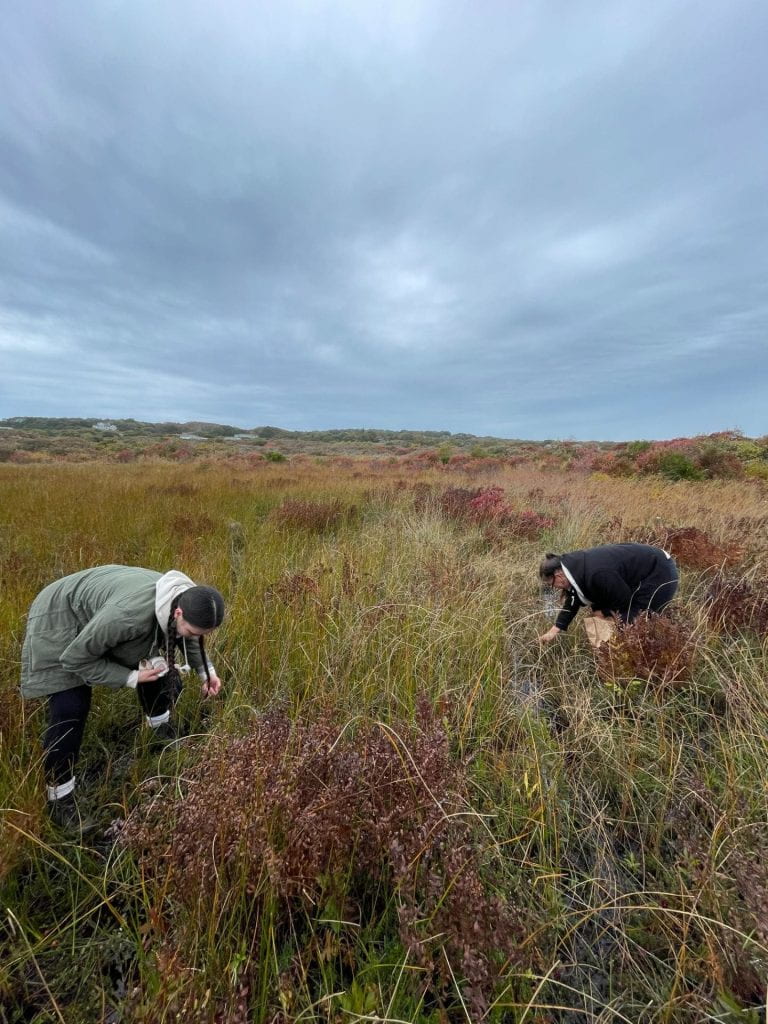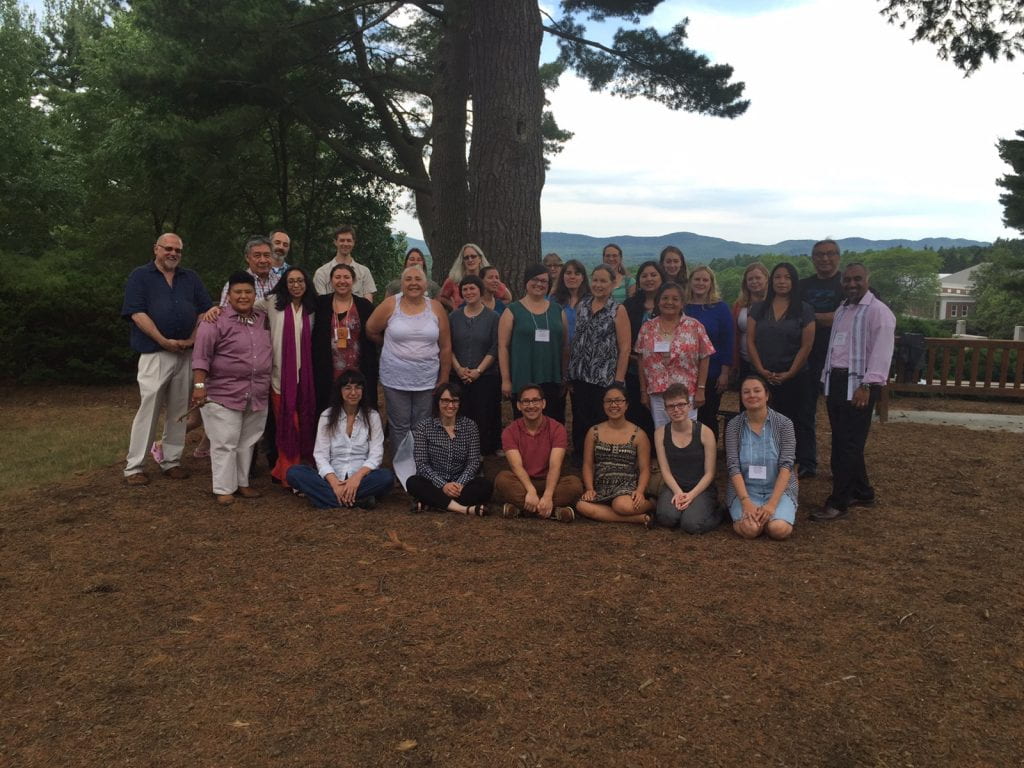Digital Atlas of Native American Intellectual Traditions
In June 2016, Amherst convened a national planning meeting of tribal librarians and historic preservation officers, archival and digital library specialists, and scholars working in both Indigenous studies and digital humanities who are leading efforts to use Indigenizing methodologies and ethical practices in their work with Indigenous communities and materials.
The goals of the planning meeting were to brainstorm ways to link related Native collections held at disparate sites inside and outside academia, to promote the creation of culturally competent metadata, and to integrate Native communities’ concerns for privacy, intellectual sovereignty, and proper stewardship of cultural records into access goals. The College partnered with the Association of Tribal Archives, Libraries, and Museums (ATALM), the Digital Public Library of America (DPLA), and the Mukurtu Project. A Steering Committee was established to identify potential participants for the meeting, which Amherst hosted June 22 – 24, 2016. A total of 29 participants from as far away as Hawaii, Arizona, and the Pacific Northwest worked together to produce a statement of need, vision, and principles.
Mapping Native Intellectual Networks of the Northeast

Building off of the Digital Atlas conveying in 2016 and with support from the Mellon Foundation, the Amherst College Archives & Special Collections is continuing to carry out our goals of working to enhance scholarly and community access to the Collection of Native American Literature of published works by Indigenous authors from North America. This project provides faculty and students opportunities to engage in research on authors, their historical contexts, and their communities that enhances access to the Collection and to other regional collections. We also seek to strengthen community partnerships and collaboration with other research centers that are reciprocal and center Indigenous knowledge within libraries and archives.
Amherst’s work to develop the map interface is an early step in the long-term creation of a larger network, one that links special collections and archival resources across institutions and communities.
